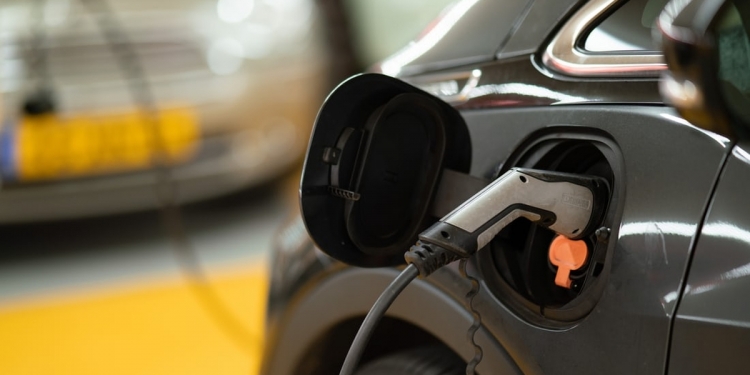The authorities will soon announce an accelerated policy on EVs under the National Automotive policy (NAP) 2020, according to the CEO of the Malaysia Automotive, Robotics and IoT Institute (MARii) Datuk Madani Sahari. As reported by Bernama, this will include “handsome” tax incentives to accelerate the development cycle of electric vehicles in Malaysia.
Currently, customised incentives are already in play, but the new policy will add fixed incentives into the equation. These will comprise of incentives regarding excise and import duties, as well as sales tax. However, Datuk Madani said that MARii is willing to consider “even higher” incentives for EV manufacturers who bring “something extraordinary” into Malaysia.
OEM manufacturers of EVs will be eligible for these fixed incentives, in addition to “special incentives” that will be available. As for incentives for consumers/buyers, Datuk Madani explained:
“In terms of tax incentive (for buyers), the accelerated policy is being finalised and we are looking at expanding the scope of incentive[s] to include users in order for them to enjoy incentives as they buy EVs/”
– Datuk Madani Shari, CEO of MARii
These incentives would reportedly be in the form of direct incentives—which could mean rebates for road tax, green parking schemes, charging installation, and even toll rebates. Currently, the policies are at the final approval stage of the government, revealed the CEO, but overall, do expect to see a “handsome level of tax exemption”.
The new accelerated policy will need to be brought before Cabinet for approval, and MARii hopes to present details by June of 2021—with a view to announcing details in July 2021. The policy won’t just cover electric cars; scooters, motorbikes and commercial vehicles have also been included.
“The ecosystem within this accelerated policy consists of infrastructure, namely charging, testing, and facility, among others.”
– Datuk Madani Shari, CEO of MARii
Meanwhile, the CEO also explained that the terms of the new policy will be very specific, and they will be designed to facilitate the needs of various stakeholders, including EV OEMs, manufactuers, and even companies such as Grab that use EVs as part of their service offering. This holistic approach is supposed to “enhance” the EV ecosystem in the country as a whole.
If you’d like to read more about the local EV scene, or the regional ecosystem, scroll down to the related reading section down below.
[ SOURCE ]








